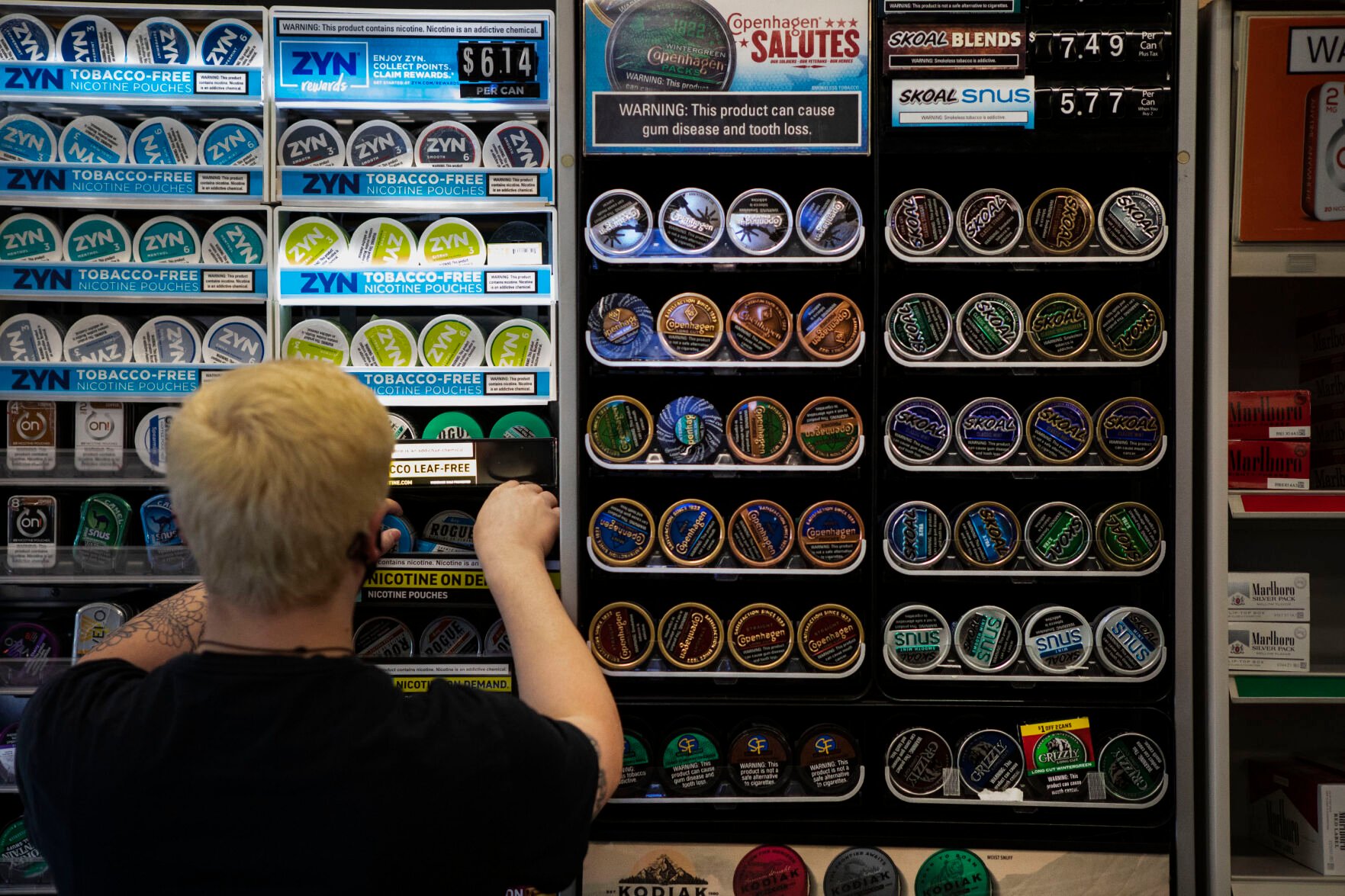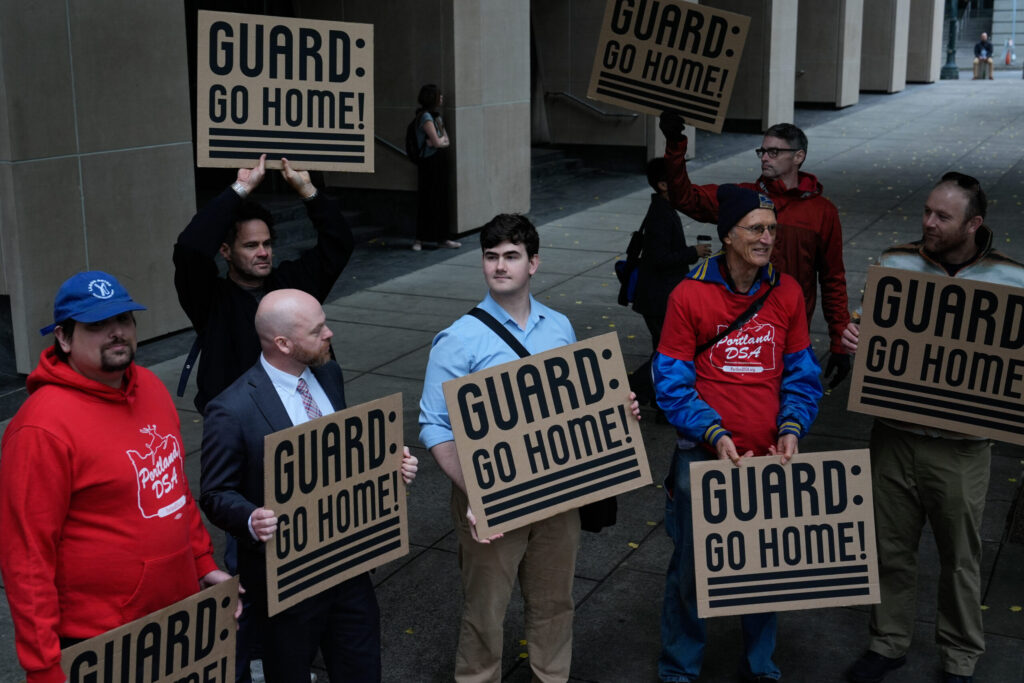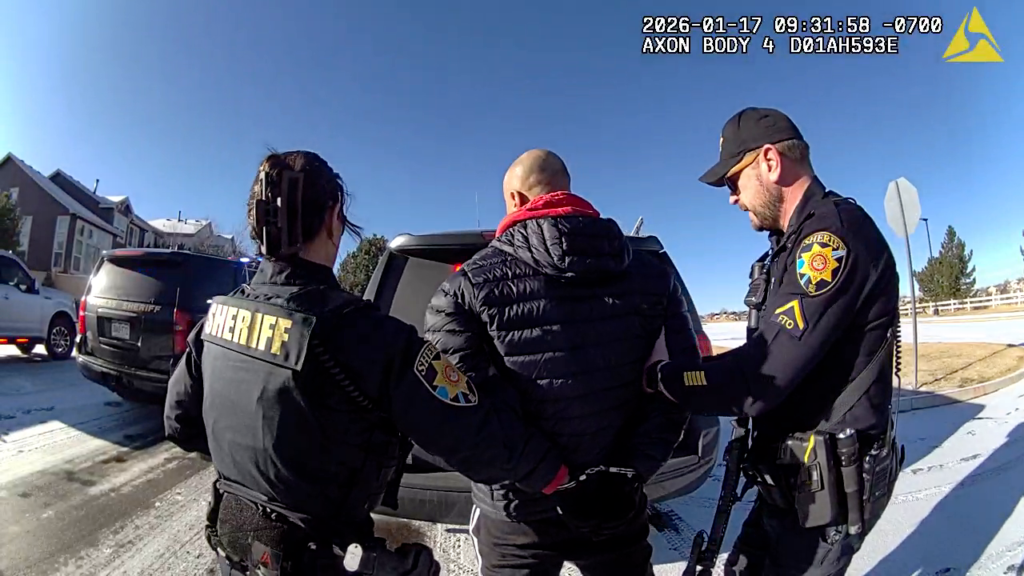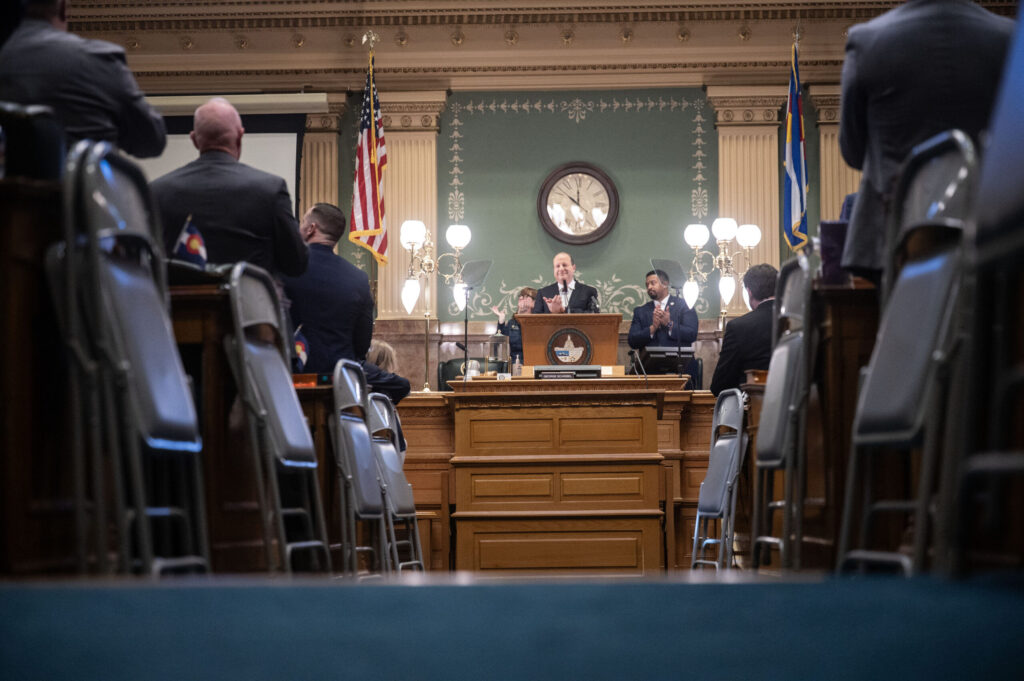Flavored tobacco ban advances with exemptions for age-restricted stores, more
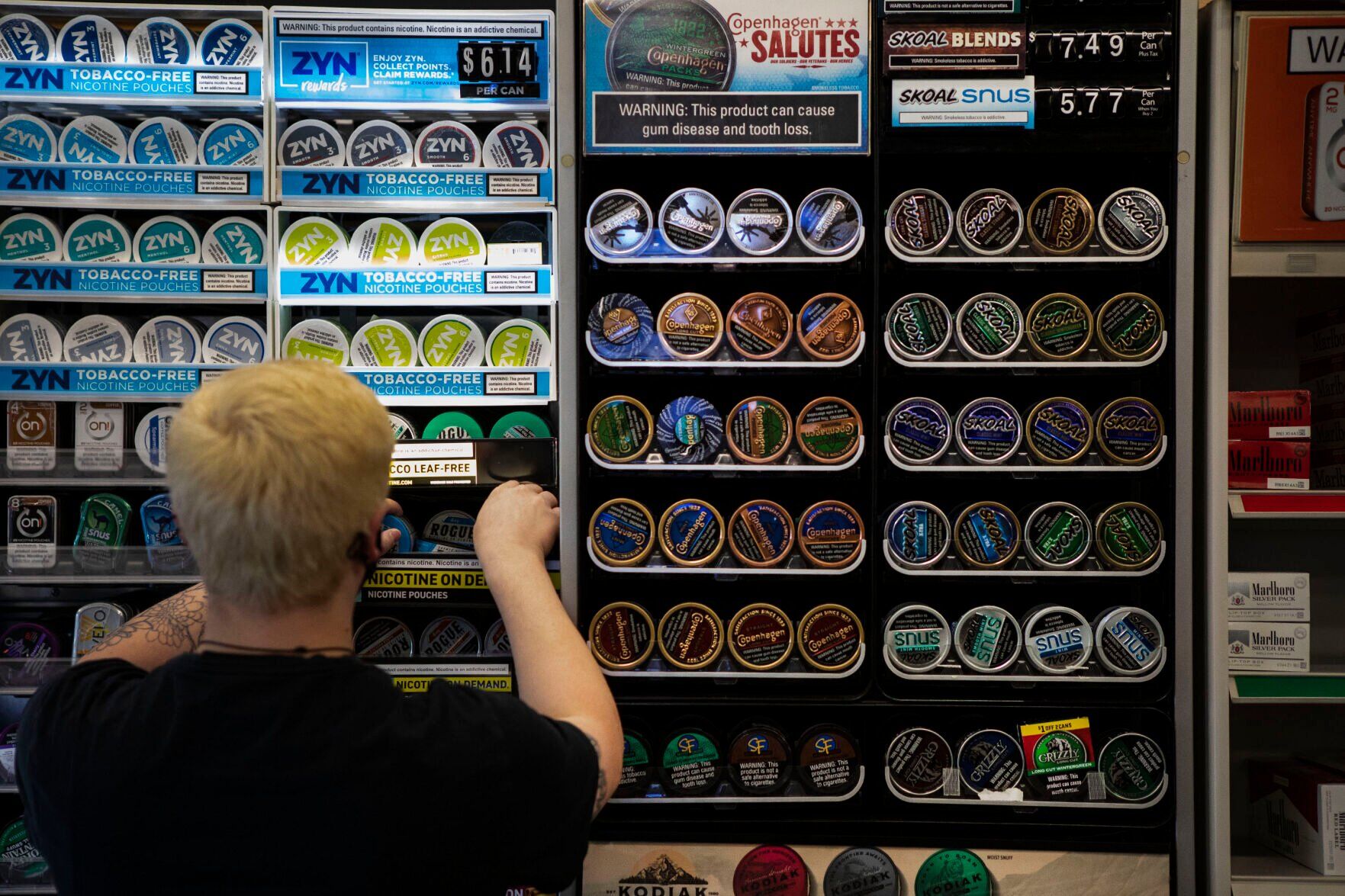
An effort to ban the sale of flavored tobacco products in Colorado passed its first hurdle Wednesday, receiving approval from a state House panel after several substantial revisions.
House Bill 1064 aims to curb youth tobacco and nicotine use by prohibiting the sale of flavored products such as vapes, e-cigarettes, menthol cigarettes and chewing tobacco. However, the bill was significantly changed Wednesday, with amendments added to exempt premium cigars, pipe tobacco and all flavored items sold in age-restricted stores from the ban.
“I’m not interested in trying to regulate adult behavior,” said Rep. Chris Kennedy, D-Lakewood, who introduced the exemption for age-restricted stores. “I really do believe that teen vaping is an epidemic in this state and we must make it harder for youth to access these products … but it’s not just kids who enjoy flavored products.”
The amendment to exempt age-restricted stores from the ban also included provisions to cap the number of the stores in Colorado, require them to use ID scanners, triple the number of annual inspections of the stores and mandate all products sold to have unique ID numbers so they can be tracked if an adult buys the products and them gives them to someone who is underaged.
Other changes to the bill made Wednesday included pushing back the implementation date from July 2022 to January 2024 and banning the sale of all synthetic nicotine, flavored or not. Legislators said they also intend to propose another amendment to exempt hookah from the ban.
“I would be lying if I said I wasn’t disappointed about the outcome of tonight,” said bill sponsor Rep. Kyle Mullica, D-Federal Heights. “I don’t think that it solves the problem, I don’t think that it’s going to work.”
“It was clear this wasn’t going to be an easy decision, but we don’t come down here to do easy decisions, we come down here to fight for our communities,” he added. “I have worked on policy in this area to try to make change and we’ve heard from experts that that policy hasn’t been effective thus far. It was time to take that next step. It was time to make that difficult decision.”
The amended bill passed in a 7-4 vote along party lines, with Democrats voting “yes” and Republicans voting “no.” The vote came shortly before 11 p.m. following more than eight hours of public comment and debate.
Nearly 150 people signed up to testify on the bill Wednesday, roughly evenly split between support and opposition. The vast majority of those who spoke in opposition to the ban – notably before any of the amendments were made – were owners and employees of vape and tobacco stores.
“This bill will put us out of business,” said Jason Casados, owner of Vapor Source with eight locations in southern Colorado. “I do support keeping any adult products out of the hands of any underaged person, but this bill would put my legal, law abiding and tax paying business out of business, causing irreparable harm to my family and all who I employ.”
Casados and other small store owners said 98% of their tobacco and nicotine products are flavored. A spokesperson of the larger Smoker Friendly chain store said around 30% of their products are flavored.
Those testifying in support of the ban included dozens of doctors, parents and youths who described frequent vaping within their middle and high schools. Some youths spoke of children vaping during class and blowing smoke into their backpacks, while others said they’ve heard rumors of their peers providing sexual favors to adults over 21 in exchange for vape cartridges.
Annie Campbell said she started using flavored tobacco products when she was only 14 years old. Now 20, she said she has tried to quit countless times but is still addicted to the products and hasn’t been able to stop for more than a week. Campbell supported the ban, saying she wants to prevent other youths from falling into the same trap.
“My addiction will be a battle that I fight for the rest of my life, and I picked this battle before I was old enough to understand the consequences,” Campbell said. “I’m here today to ask you for the generations that come after me so they will not have the opportunity to pick this battle.”
In Colorado, 28.9% of high school students use electronic vapor products like vapes and e-cigarettes, according to the most recent Youth Risk Behavior Survey from 2019.
Of tobacco users between 12 and 17 years old, 81% said they started by using flavored products and 79% said they use a product because it comes in flavors they like, according to a study by the Food and Drug Administration and National Institutes of Health.
A sixth grader from Broomfield, Audrey Rosen, said many students from her middle school are already vaping. She said they vape just off of school grounds and can easily hide the vapes in class because they are so small and sometimes resemble highlighters.
“I cannot imagine how bad this will be when I get to high school if you do not put a stop to it now,” Rosen said. “You’ve passed regulations before, it did not work. The only way to cut access is to ban the product.”
However, opponents to the ban say stories like Campbell’s and Rosen’s are becoming less frequent, arguing that the ban is unnecessary because youth tobacco use has decreased in recent years.
In 2020, roughly 1 in 5 high school students and 1 in 20 middle school students used e-cigarettes nationally, according to the Centers for Disease Control and Prevention. In 2021, use decreased to roughly 1 in 9 high school students and 1 in 35 middle school students.
In addition, opponents argue the ban would lead to tobacco and nicotine users buying flavored products online or out of state, taking away the tax revenue from Colorado. The ban as drafted was expected to decrease state revenue by $37.1 million in 2022 and $38.6 million in 2023, according to state estimates.
Despite Wednesday’s setbacks, the bill sponsors said they will continue to fight youth tobacco and nicotine use, and will push to reverse some of the amendments made to the bill when it goes to the full House for consideration in the coming days.
“This issue is important and we need to figure out what to do to keep these products out of the hands of young people,” said Rep. Jennifer Bacon, D-Denver, the other bill sponsor. “We are going to have to make hard decisions. … This is one of those conversations. I was asking us to take that step.”
Under the amended bill, any non-age-restricted store caught selling prohibited flavored tobacco or nicotine products would be subject to the same penalties as a retailer caught selling to minors.
The bill would also appropriate $10 million to the Department of Public Health and Environment’s Prevention Services Division, which would award two-year grants to organizations providing wraparound services in communities disproportionately affected by targeted tobacco and nicotine marketing.
